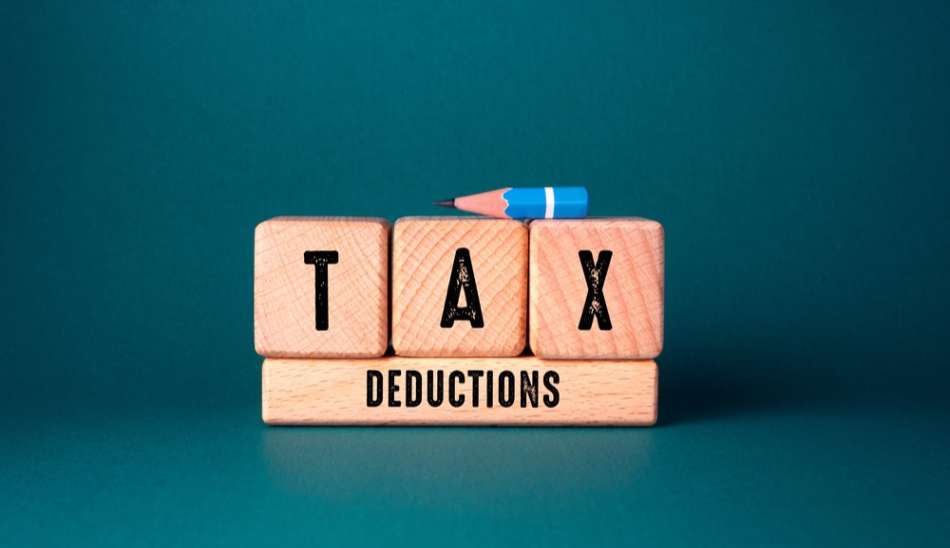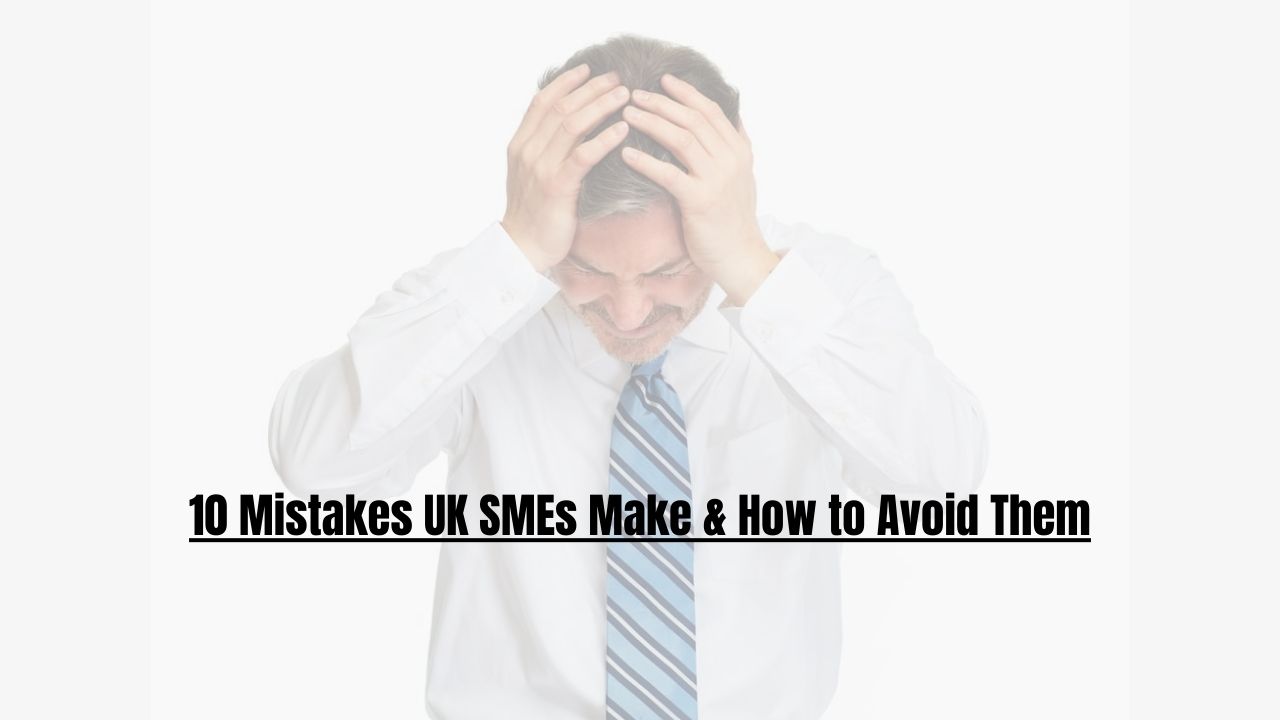
10 Tax Deductions Every UK Small Business Owner Should Know
As a small business owner in the UK, managing your tax efficiently is crucial for maintaining healthy finances. Understanding tax deductions can help you legally reduce your taxable income, ultimately saving you money. Whether you handle your accounts yourself or work with a tax returns accountant, knowing what expenses you can claim is essential. In this guide, we’ll cover 10 tax deductions that every small business owner should be aware of.
1. Office Costs and Stationery
If you run your business from an office, home office, or co-working space, you can claim deductions for expenses related to rent, utilities, office supplies, and furniture. These include:
- Rent for office space
- Utility bills such as electricity, heating, and water
- Office supplies like paper, pens, and printer ink
- Business-related software and subscriptions
Even if you work from home, you may be eligible to claim a portion of your home expenses based on business usage.
2. Travel and Mileage Expenses
Business travel costs can be deducted from your tax bill, provided they are wholly and exclusively for business purposes. This includes:
- Public transport fares
- Business-related flights and hotel stays
- Fuel and mileage costs (if using a personal vehicle for business travel)
- Parking fees and tolls
For car mileage, HMRC allows a flat rate of 45p per mile for the first 10,000 miles and 25p per mile thereafter. Keeping a mileage log helps ensure accuracy when claiming.
3. Professional Fees and Subscriptions
If you pay for professional services to support your business, such as hiring an accountant in London, those costs are deductible. This includes:
- Fees paid to accountants, solicitors, and consultants
- Membership fees for industry-relevant professional bodies
- Business-related magazine subscriptions and publications
Staying compliant with tax regulations is essential, so working with a tax returns accountant can ensure you claim the right deductions while meeting HMRC requirements.
4. Marketing and Advertising Expenses
To grow your business, you’ll likely invest in marketing and advertising. Fortunately, these costs are tax-deductible. Eligible expenses include:
- Website development and hosting fees
- Social media advertising (Facebook, Google Ads, etc.)
- Business cards, brochures, and promotional materials
- Sponsorships and networking event fees
Effective marketing is crucial for business growth, and claiming these expenses can make your budget stretch further.
5. Salaries and Employee Costs
If you employ staff, wages and related expenses are tax-deductible. These include:
- Employee salaries
- Employer’s National Insurance Contributions (NICs)
- Pension contributions (if part of a qualifying scheme)
- Staff training and development costs
If you hire freelancers or contractors, payments made to them are also deductible, provided they are for business purposes.
6. Training and Development
Investing in your own or your employees' professional development can be a tax-deductible expense. You can claim for:
- Business-related training courses
- Online learning subscriptions
- Workshops and seminars
To qualify, the training must be relevant to your current business and not be intended for a new career.
7. Insurance Premiums
Business-related insurance policies are allowable expenses, including:
- Professional indemnity insurance
- Public liability insurance
- Employers’ liability insurance (if you have employees)
- Cybersecurity insurance
Having the right insurance coverage protects your business while also offering tax relief.
8. Bad Debts
If a customer fails to pay an invoice and all recovery efforts have been exhausted, you may be able to write off the amount as a bad debt and claim it as a deduction. However, you must provide evidence that the debt is genuinely irrecoverable.
9. Business Entertainment and Client Meetings
While general entertainment costs (such as taking clients to dinner) are not tax-deductible, some business-related expenses can be claimed, such as:
- Costs associated with networking events
- Refreshments during business meetings (if provided at the office)
- Conferences and trade shows
Keeping detailed records of business-related entertainment ensures you claim only what is permitted by HMRC.
10. Equipment and Asset Purchases
If you buy assets for your business, such as computers, machinery, or tools, you may be eligible for Capital Allowances, including the Annual Investment Allowance (AIA). This means you can deduct the full cost of qualifying equipment purchases from your taxable profits.
Examples include:
- Laptops, tablets, and office computers
- Business vehicles (if used exclusively for business)
- Office furniture and fittings
These deductions can significantly reduce your tax bill, making equipment investments more affordable.
Understanding and claiming these 10 tax deductions can help you reduce your taxable income and keep more money in your business. However, tax laws can be complex, and mistakes can be costly. That’s why many small business owners choose to work with an accountant in London to ensure they’re making the most of their tax relief opportunities.
If you're looking for expert guidance on filing tax returns, ensuring compliance, and maximizing your deductions, partnering with a tax returns accountant is a smart investment. With the right tax strategy in place, you can focus on growing your business while keeping your finances in check.
For personalized advice on your tax situation, contact a TVR Accountant today



